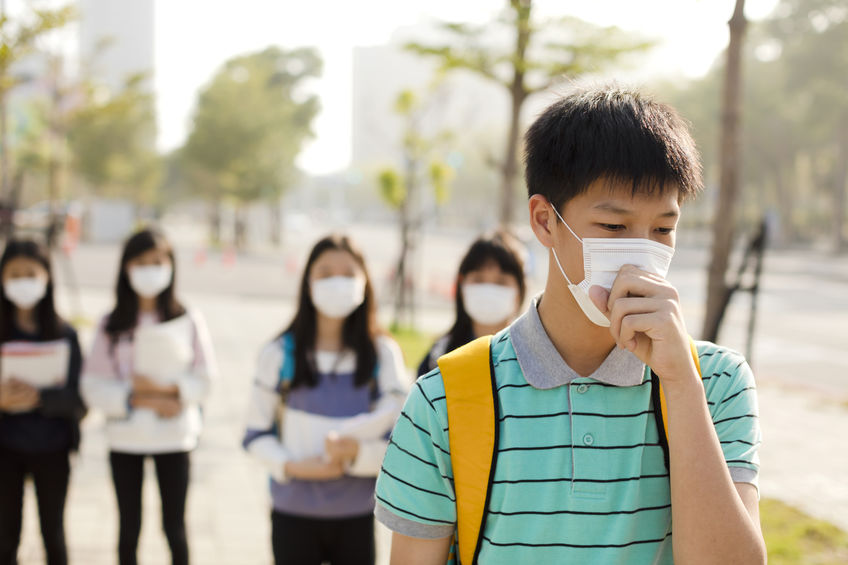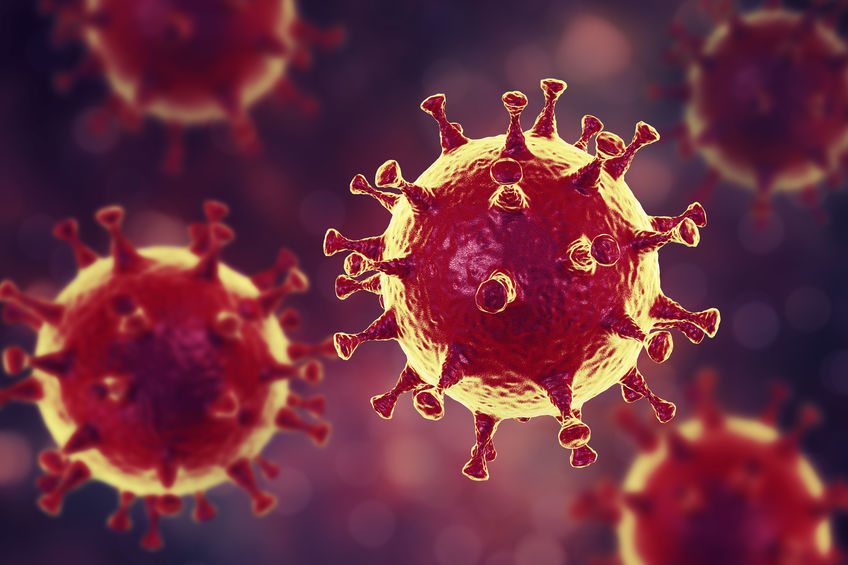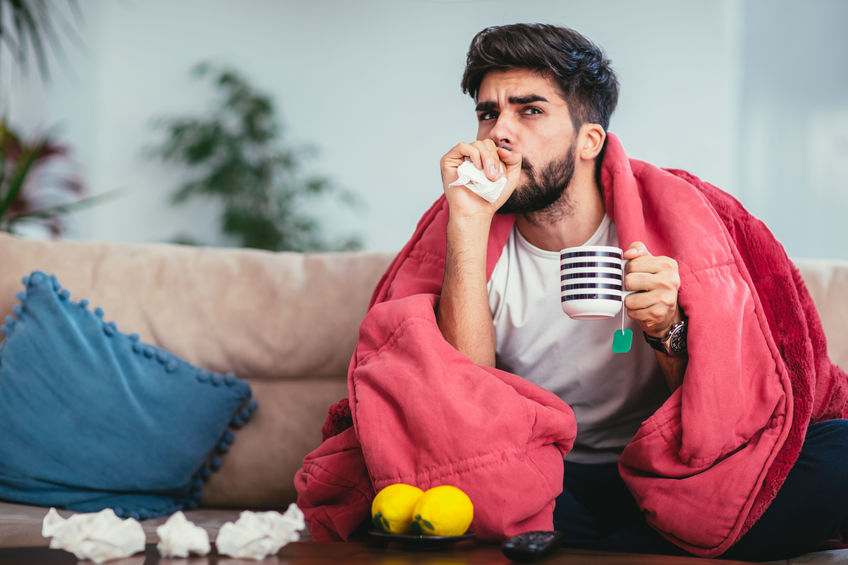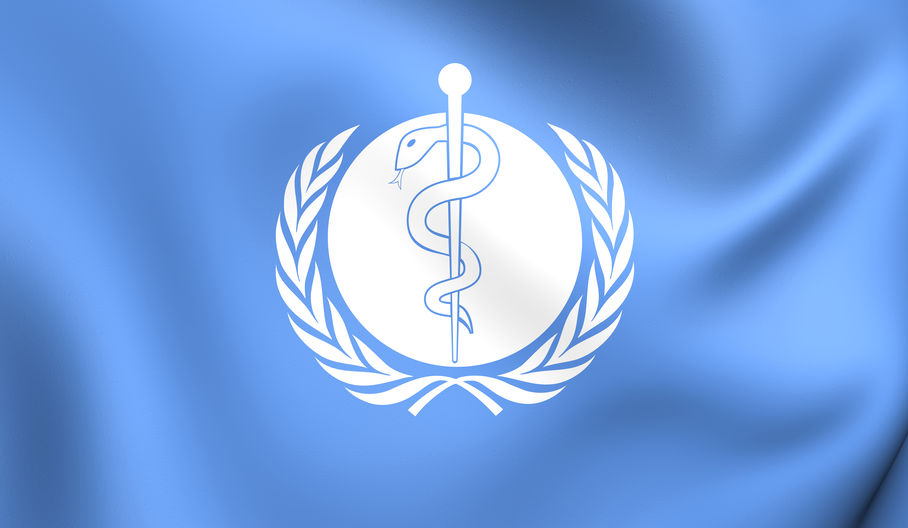Shop Sadhguru Books from Abebooks
Corona virus-induced flu which originated at Wuhan, China is spreading
fast. The deadly disease has been declared as a worldwide health
emergency by WHO. Read more about the epidemic & learn how to
prevent a potential infection.

The outbreak of 2019-novel coronavirus
(2019-nCoV), a rapidly evolving epidemic that emerged in Wuhan, China
has led to a quarantine of more than 50 million people. As China, the
World’s most populous country has come to a lockdown, Public health
experts are still unsure about how deadly or contagious coronavirus is,
and whether it is also transmitted by people, who show no symptoms. With
more than six countries having confirmed human to human transmission,
World Health Organization (W.H.O) has declared it as a global health
emergency, whilst cases in China and the resultant death toll continue
to rise. The confirmation of human to human transmission is a worrying
factor considering the yearly migration in China on account of Chinese
New Year festivities. Nearly 9500 cases have been confirmed in China
with the death toll rising to about 490.
What is Coronavirus?
Coronavirus is a family of RNA virus
which typically cause the common cold and upper respiratory infections.
The name Coronavirus comes from the Latin word corona meaning crown.
Under an electron microscope, Coronavirus has crown-like spikes on its
surface. Three strains of Coronavirus are deadly: Middle-East
Respiratory Syndrome (MERS), Severe Acute Respiratory Syndrome (SARS)
and now the 2019-nCoV, which is a new strain, previously not seen in
humans.
Coronaviruses are zoonotic, meaning they
originate in animals and then spread to humans. Though not confirmed,
current speculation is that the coronavirus spread from bats or snakes
to humans and from thereon, human to human transmission took place. With
a fatality rate of about 2.2%, it spreads through droplet infection,
when an infected person breathes out, coughs or sneezes. It can also
spread via contaminated surfaces like doorknobs or railings.
Symptoms
W.H.O
has estimated the incubation period is somewhere around two to ten days
before symptoms appear, but there can be anecdotal accounts of
"symptomless spreading" by someone infected, but unaware. Since its
emergence, the number of people infected by coronavirus doubles every
7.4 days, which shows its rapid spread.
Confirmed cases of 2019-nCoV have
symptoms ranging from mild sickness to being severely ill and in some
cases death. Symptoms include:
- Fever
- Cough/ Sore throat
- Shortness of breath and breathing difficulties
In severe cases, it may cause pneumonia, severe acute respiratory syndrome, kidney failure and death.
Where has 2019-nCoV been reported?
2019-nCoV
was first reported in Wuhan, a major city in China’s Hubei Province.
Although the exact source is not confirmed, initial reports suggest that
it started at the Huanan seafood wholesale market in Wuhan. The virus
then spread to many Asian countries, as well as Australia, Europe, North
America, and the Middle East. India has reported its first case of the
virus- a student from Kerala, who was studying in Wuhan.
Steps and Measures taken
There
is no vaccine or treatment protocol in place for treating the new
virus. The best way to prevent the infection is to avoid being exposed
to the virus.
Wuhan, the heart of the outbreak, is
completely sealed, transportation and airway restrictions are adopted
and screening at airports is done to contain the infection from
spreading. Voluntary evacuations of foreign nationals are underway.
Challenges ahead of us
- There is no treatment available other than symptomatic relief
- Diagnosis is a challenge as the initial symptoms are similar to the common cold
- The virus has already started to mutate
Who are at risk?
Although all people are at risk of contracting the virus, people with reduced chance of survival are:
- Those above the age of 65
- Children under the age of two
- People with underlying health conditions or a weak immune system
Precautions to be taken
W.H.O
& Ministry of Health & Family Welfare, Govt of India has
recommended the following measures to be observed to restrict the
infection from spreading:
- Frequently clean hands by using alcohol-based hand rub (with at least 60 % alcohol) or soap and water
- When coughing and sneezing cover mouth and nose with flexed elbow or tissue – throw the tissue away immediately and wash hands
- Avoid close contact with anyone who has fever and cough
- If you have a fever, cough and difficulty breathing seek medical care early and share previous travel history with your health care provider
- When visiting live markets in areas currently experiencing cases of novel coronavirus, avoid direct unprotected contact with live animals and surfaces in contact with animals
- The consumption of raw or undercooked animal products should be avoided. Raw meat, milk or animal organs should be handled with care, to avoid cross-contamination with uncooked foods, as per good food safety practices
- Avoid traveling if you have fever and cough
- Wear a mask if you have respiratory symptoms
- Avoid all non-essential travels to China
If you have been to China, or any other
place identified with the outbreak of Coronavirus, and feel sick with
fever or cough within 14 days, don’t hesitate to seek medical help right
away and avoid close contact with others and wear a facemask.




Comments
Post a Comment